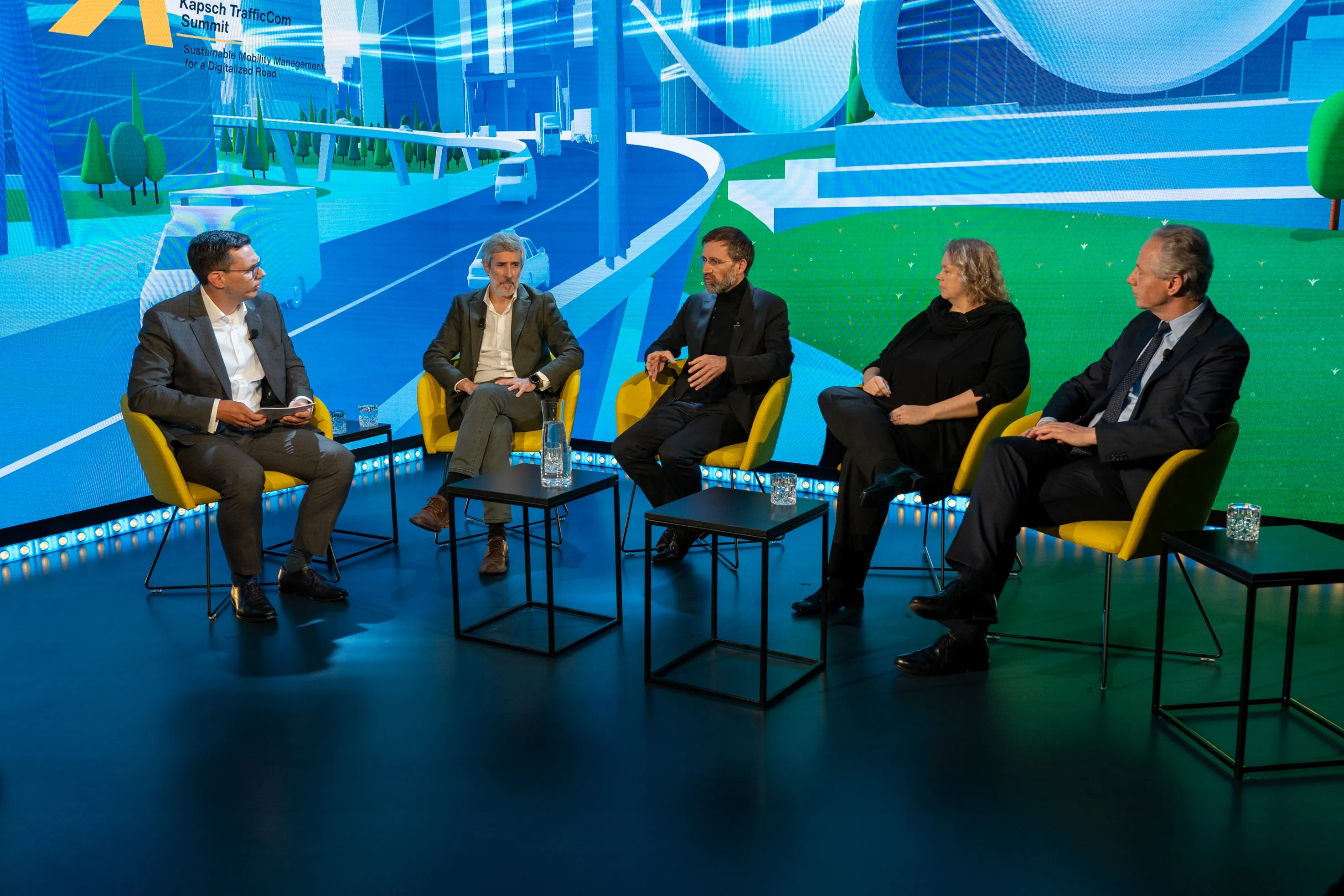
Yunex Traffic Italy has agreed to cooperate with Italian engineering group Municipia to develop digitalisation of mobility and traffic management processes based on artificial intelligence.
Yunex said the two companies will jointly work on creating digital twins of systems for Italian cities, with a focus on reducing CO₂ emissions and enhancing the efficiency of urban traffic flow.
“In Italy, we are currently witnessing a profound wave of transformation that includes the development of smart cities, the concerted pursuit of sustainability goals and the optimisation of highway traffic and tunnel systems,” said Gino Franco, managing director of Yunex Traffic Italy.
“As the technology player of the Mundys Group, we aim to push the boundaries of innovation and create integrated mobility ecosystems. By joining forces with Municipia, we are harnessing the power of platform-based, modular and intelligent solutions to help Italy reduce urban emissions, promote a more sustainable approach to mobility and improve the mobility experience for end users.”
Stefano De Capitani, chief executive of Municipia, said their joint efforts will create “an end-to-end model of management and new processes for mobility regulation, infrastructure programming, the use of urban spaces and management of services”.
The core of the collaboration will be the creation of platforms that use AI technology and the Internet of Things (IoT) to develop digital twins of urban mobility systems. “This will enable us to deliver value-added services tailored to support local authorities in managing their urban traffic more effectively – and ultimately provide more convenient, greener and connected mobility services to the citizens of Italy,” said Capitani.
Their work will include dynamic regulation of traffic lights, prioritisation of dedicated vehicles such as emergency vehicles or public transport, increasing safety for vulnerable road users such as cyclists, providing real-time information on variable electronic message signs or mobility applications.
The two companies will foster a public-private partnership model for project financing in order to help digital platform development. The intended result will be a reduction in accident rates, congestion, pollution, noise and land use.









